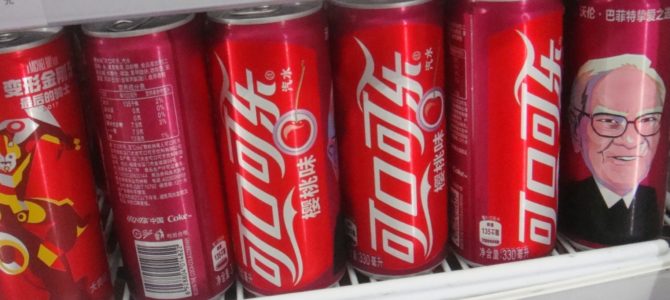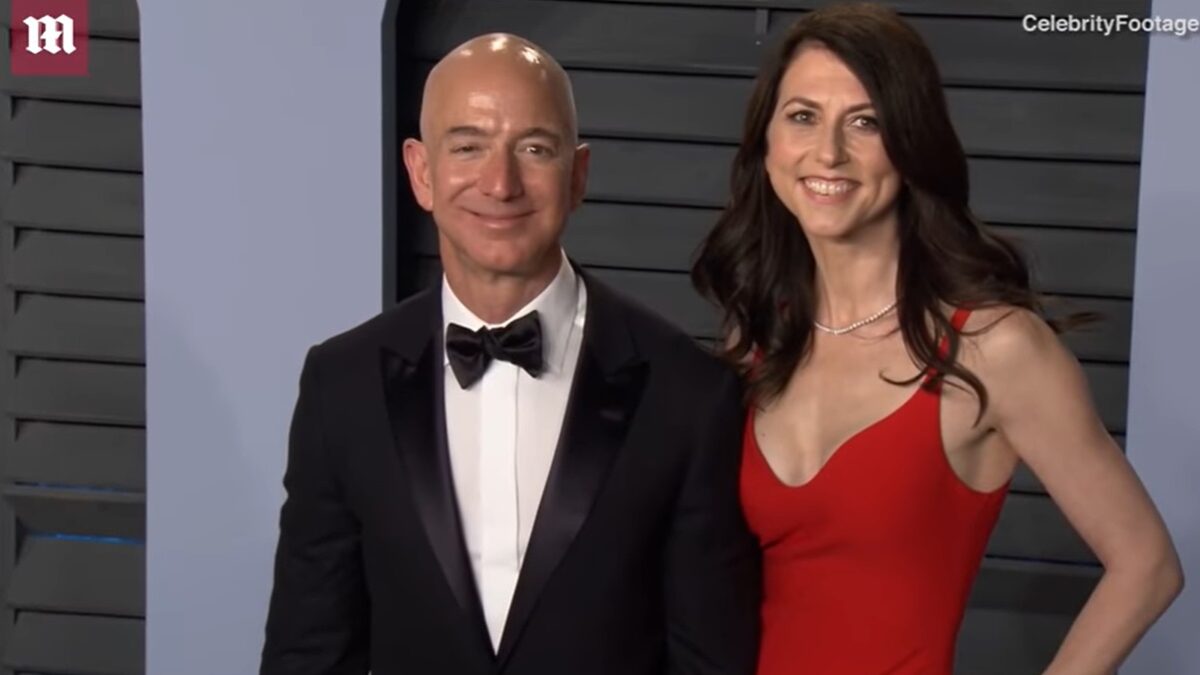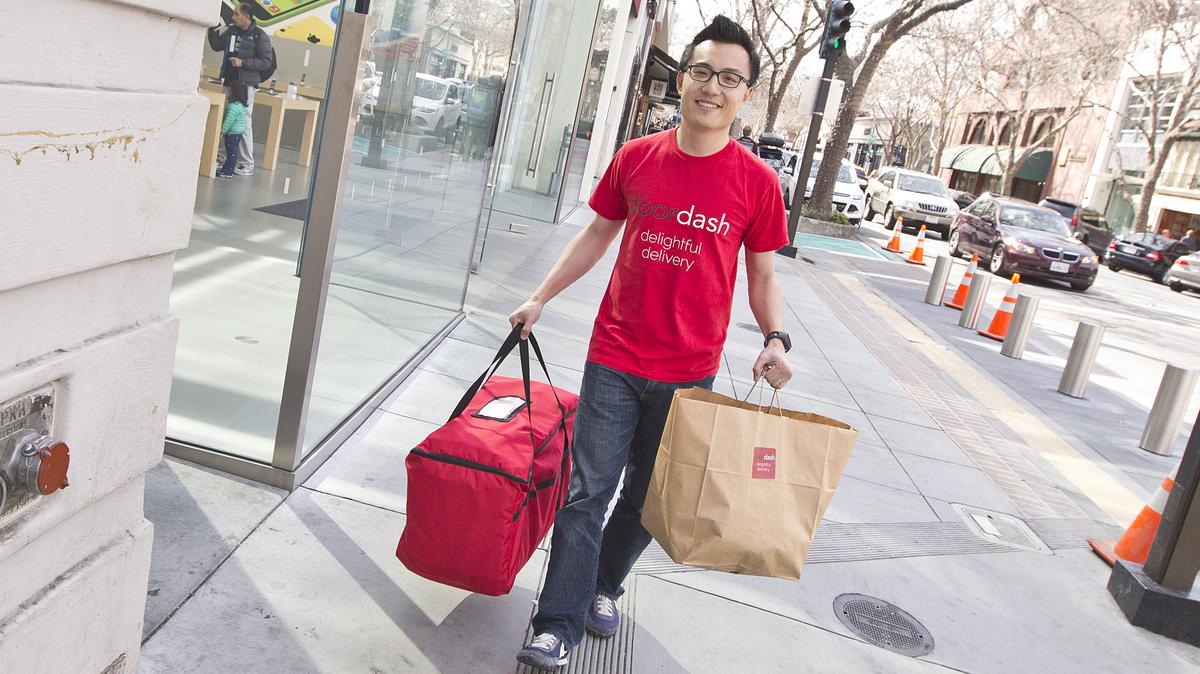U.S.-based corporation and big-money sponsor of the 2022 Beijing Olympics Coca-Cola refused to condemn the Chinese Communist Party for severe human rights violations. Under questioning from a bipartisan congressional panel on Tuesday, the company was accused of prioritizing profit over human rights violations.
https://twitter.com/zaidjilani/status/1420111726700376066?s=21
In January, the State Department classified China’s actions in Xinjiang genocide against Uyghur Muslims. Reports from inside the area have confirmed mass sterilization, daily gang rape, sexual torture, human trafficking, mandatory birth control, and the separation of children from families. Many Uyghur Muslims are calling for a boycott of the 2022 Olympics.
“We should not empower China by allowing it to host the Winter Olympics while it is engaged in genocide and other crimes against humanity,” said Salih Hudayar, founder of the East Turkistan National Awakening Movement.
When asked if the games should be relocated or postponed due to concerns over the ongoing genocide, Coca-Cola, Visa Inc., and Airbnb denied responsibility.
“We do not make decisions on these host locations. We support and follow the athletes wherever they compete,” Coca-Cola’s global vice president for human rights Paul Lalli said.
In November, Coca-Cola lobbied to push back on a bill prohibiting product imports manufactured in China using forced labor. The bill, Uyghur Forced Labor Prevention Act, restricts imports from slave labor camps in Xinjiang, and passed overwhelmingly with bipartisan support, despite the corporation’s attempts to stop it.
While Coca-Cola won’t speak out against the millions of Uyghurs being held in Communist-run zones, the company boycotted the state of Georgia’s election security reforms in March. Democratic Rep. Tom Malinowski pointed out that Coca-Cola had no problem condemning voting rights legislation in Georgia, but asked why it wouldn’t do the same for genocide.
“You are afraid of them in a way that you are not afraid of critics in the United States. I think that’s shameful,” Malinowski told Lalli, saying it was “absolutely clear” that the company refused to criticize Beijing over fear of profit loss.









